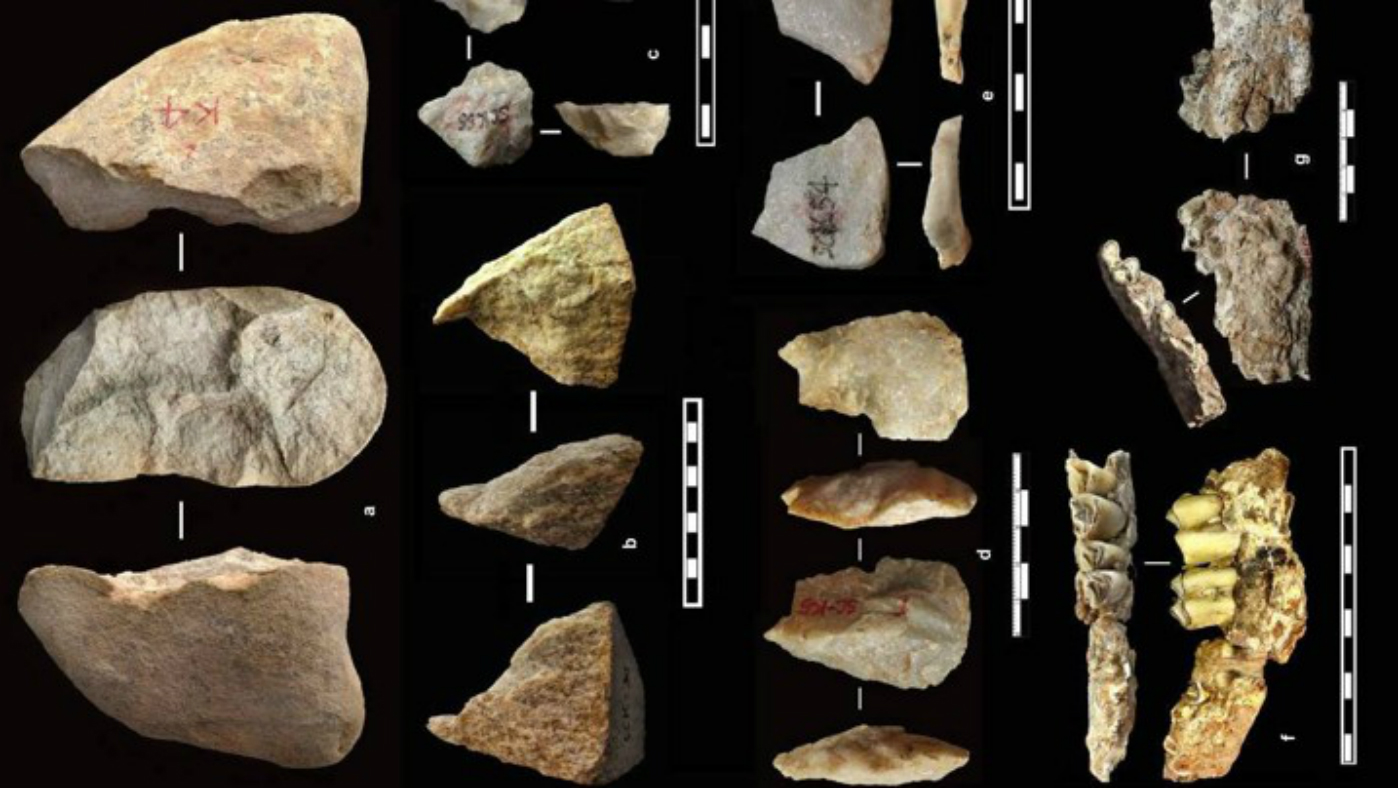Primitive humans left Africa much earlier than thought
Stone tools discovered in China suggest early humans migrated more than 2 million years ago

A free daily email with the biggest news stories of the day – and the best features from TheWeek.com
You are now subscribed
Your newsletter sign-up was successful
Ancient humans migrated from Africa more than 200,000 years earlier than previously thought, according to new research.
The discovery of dozens of stone tools by archaeologists in the Shangchen region of China suggest our earliest ancestors left the continent more than two million years ago.
The artefacts are largely made up of chipped flakes of stone - a primitive type of blade - and are believed to have been made by ancient members of the human lineage, called hominins.
The Week
Escape your echo chamber. Get the facts behind the news, plus analysis from multiple perspectives.

Sign up for The Week's Free Newsletters
From our morning news briefing to a weekly Good News Newsletter, get the best of The Week delivered directly to your inbox.
From our morning news briefing to a weekly Good News Newsletter, get the best of The Week delivered directly to your inbox.
“Prior to this discovery, the oldest known evidence of hominin activity outside of Africa was uncovered in Dmanisi, Georgia, dating back 1.85 million years,” Gizmodo reports.
The discovery dramatically shifts the story of early human migration, researchers say.
The find “may add a new chapter to the story of hominin evolution, suggesting that some of these species left Africa far earlier than once believed and managed to travel over 8,000 miles east of their evolutionary birthplace,” The New York Times reports.
The age of the Chinese tools “suggests that the hominins who made them were neither tall nor big-brained. Instead, they may have been small bipedal apes, with brains about the size of a chimpanzee’s,” the newspaper adds.
A free daily email with the biggest news stories of the day – and the best features from TheWeek.com
The study, published today in the journal Nature, says further research is required to establish the exact speed and route taken by primitive humans.
“The implications of all this are large,” said Michael Petraglia, a paleoanthropologist at the Max Planck Institute for the Science of Human History, who was not involved in the new study. “We must re-evaluate our understanding of human prehistory in Eurasia.”